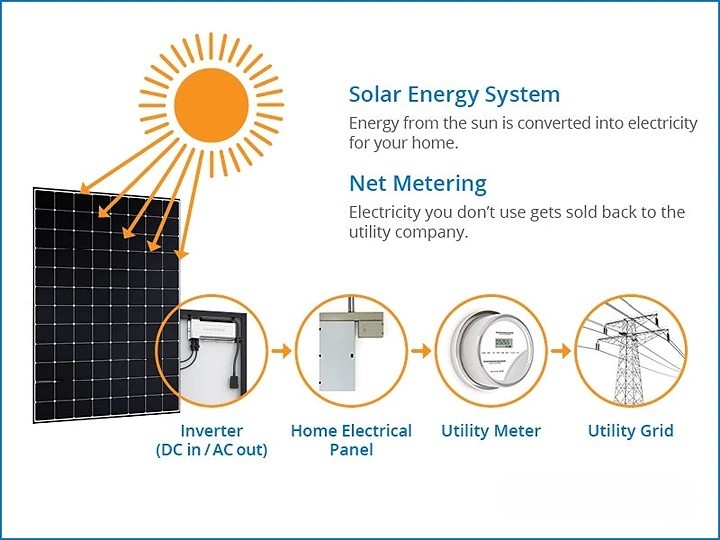Solar energy has emerged as a leading renewable energy source, offering numerous environmental and economic benefits. However, 1 many misconceptions and myths surrounding solar power can deter potential adopters. This article aims to dispel common solar myths and provide accurate information to empower informed decision-making.
One of the most prevalent myths is that solar panels only work in sunny climates. In reality, solar panels can generate electricity even on cloudy days or in areas with less direct sunlight. While sunny climates are ideal for solar energy production, advancements in solar technology have made it possible to harness solar power even in less sunny regions.

Solar Power: Fact vs. Fiction
Another common misconception is that solar energy is an expensive and inaccessible technology.
“While the initial investment for a solar system may seem significant, the long-term cost savings from reduced electricity bills can offset the initial cost. Furthermore, government incentives, rebates, and financing options are available to make solar power more affordable and accessible for homeowners.”
Solar energy is a reliable and sustainable source of energy that offers numerous benefits, including reduced electricity bills, increased energy independence, and a reduced environmental impact. By debunking common myths and understanding the realities of solar power, homeowners can make informed decisions and embrace this clean and renewable energy source.
- Solar panels can generate electricity even on cloudy days.
- Solar energy is becoming increasingly affordable with government incentives and financing options.
- Solar power is a reliable and sustainable source of energy.
- Investing in solar energy can reduce your carbon footprint and contribute to a cleaner environment.




 Total views : 94
Total views : 94